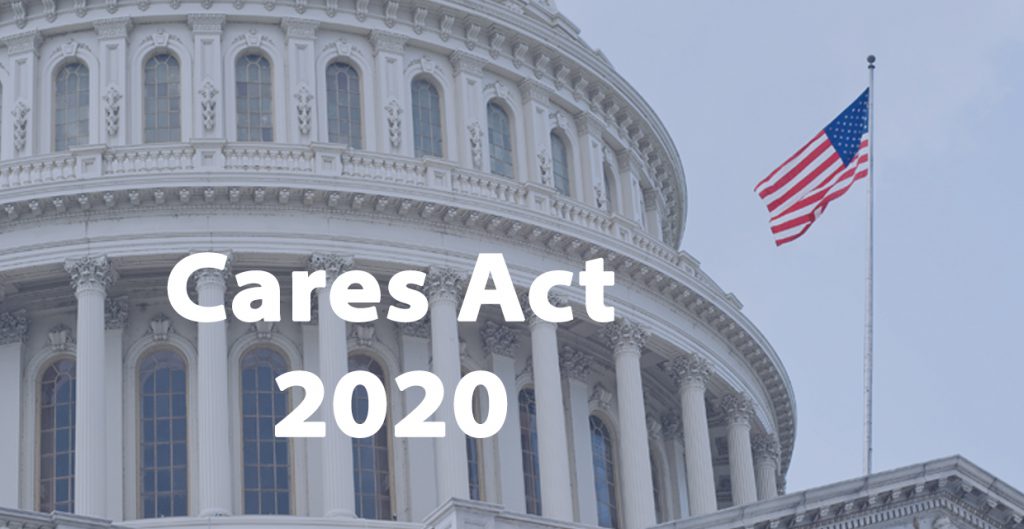The Coronavirus Aid, Relief, and Economic Security (CARES) Act may impact many American’s 2020 taxes.
You might be asking, specifically, what are and who is affected? Well, those are the questions this article will address.
2020 Retirement Plan Distributions
One of the biggest changes implemented by the CARES Act is the potential to avoid the taking a penalty for clients who take an early distribution from their retirement plans during 2020.
The CARES Act provides that qualified individuals may treat a retirement plan distribution as a coronavirus-related distribution.
This means that up to $100,000 in early distributions made from eligible retirement plans (including IRAs) are not subject to the 10% additional tax that otherwise applies to distributions made before an individual reaches age 59 ½.
Additionally, your clients will not be required to take a minimum distribution this year regardless of their age. This change only affects tax year 2020.
New – Form 8915-E
Since 2016, the 8915-form series has been used for reporting distributions and repayments from qualified retirement plans connected with qualified disasters. Each year a new form is created to report the activity associated with the distributions and/or repayments retirement plans connected to that tax year.
For example, Form 8915-A is used to report a qualified distribution from 2016, and Form 8915-B is used for 2017 distributions and repayments.
The IRS has indicated that the new Form 8915-E will report distributions and repayments for 2020 qualified disasters.
It will report 2020 distributions subject to the CARES Act, which allows up to $100,000 in distributions to be spread out over three years. It is anticipated that many of your clients will use Form 8915-E due to the widespread eligibility for claiming this deferral.
Charitable Deductions
Another area affected by the CARES Act is charitable deductions. The ability to make donations has been increased for 2020 as a response to the coronavirus outbreak.
Above-the-line $300 Charitable Deduction
Your clients who take the standard deduction can claim an above-the-line tax deduction for cash donations to qualified charitable organizations. This change only affects tax year 2020. The maximum deduction for a household is $300.
Schedule SE (Form 1040)
The CARES Act allows a deferred portion of the self-employed tax. A third page was added to the Schedule SE where this amount will be calculated. This deferred amount will then be reported in the Payments section of Form 1040, Schedule 3, Line 12e as a “Deferral for certain Schedule H or SE filers.”
New – Form 5884-A – Employee Retention Credit
This new form will be used to report a refundable credit that employers may have received under the CARES Act for retaining employees when their businesses were required to shut down due to COVID-19.
They can receive this credit by reducing payroll tax deposits or getting an Advance Credit by filing a Form 7200 – Advance Employer Credits Due to COVID-19 directly with the IRS. Form 5884-A will need to be filed for your self-employed clients that have employees.
